Blood test 'detects breast cancer relapse early'
But charities warn there is a long way to go before the life-saving tests could be made available in hospitals
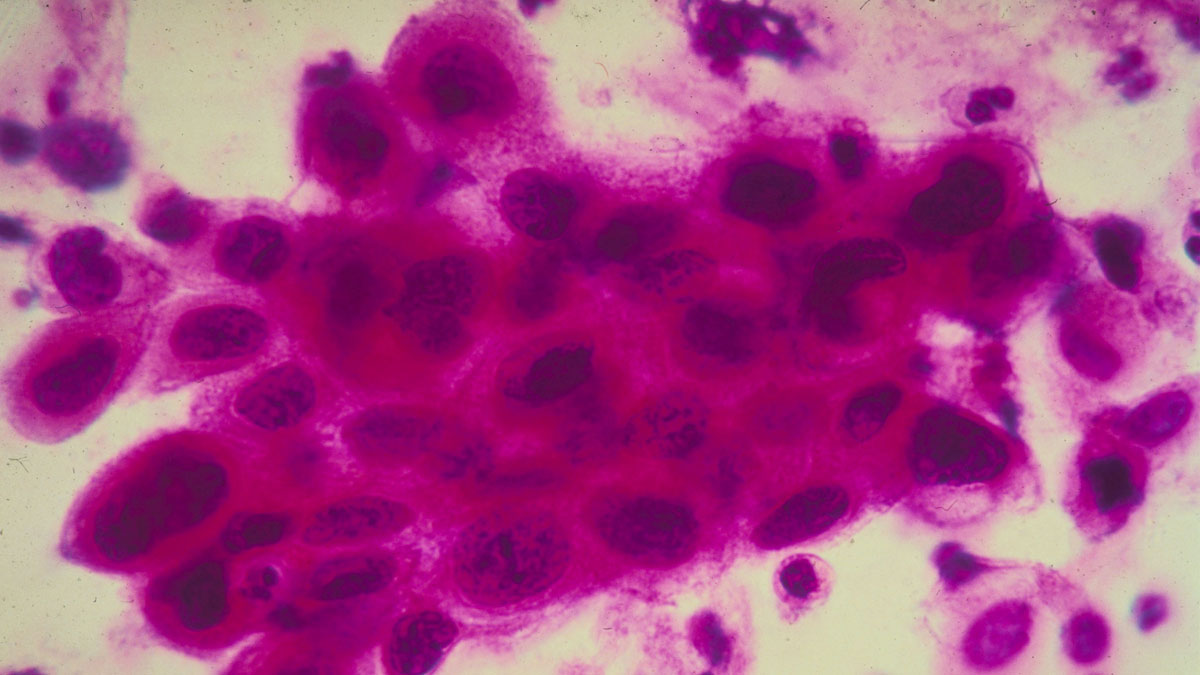
A free daily email with the biggest news stories of the day – and the best features from TheWeek.com
You are now subscribed
Your newsletter sign-up was successful
A simple blood test can accurately detect breast cancer relapses several months before hospital scans, researchers have discovered.
Scientists at London's Institute of Cancer Research have developed a test that can detect small amounts of residual cancer cells that have resisted therapy by looking for tumour DNA in the blood.
The study involved 55 early-stage breast cancer patients who had successfully undergone chemotherapy and surgery.
The Week
Escape your echo chamber. Get the facts behind the news, plus analysis from multiple perspectives.

Sign up for The Week's Free Newsletters
From our morning news briefing to a weekly Good News Newsletter, get the best of The Week delivered directly to your inbox.
From our morning news briefing to a weekly Good News Newsletter, get the best of The Week delivered directly to your inbox.
Their blood was tested at six-month intervals, and doctors were able to "very accurately" predict which patients were likely to suffer a relapse, The Guardian reports.
Patients who tested positive for circulating tumour DNA were 12 times more likely to relapse than those who tested negative and doctors were able to predict the return of the disease nearly eight months before it could be detected by scans.
“Ours is the first study to show that these blood tests could be used to predict relapse," said lead Dr Nicholas Turner, consultant medical oncologist at The Royal Marsden NHS Foundation Trust.
"We also used blood tests to build a picture of how the cancer was evolving over time, and this information could be invaluable to help doctors select the correct drugs to treat the cancer."
A free daily email with the biggest news stories of the day – and the best features from TheWeek.com
Breast cancer is the most prevalent form of the disease among women in Britain, with around 50,000 cases a year. By detecting the cancer earlier, doctors are able to begin treatment sooner and improve a patient's chances of survival.
Scientists say the testing could also potentially be applied to any cancer that has gone through initial treatment and for which there is a risk of relapse in the future.
Turner predicts it will be "some years yet" before the tests could be made available in hospitals, but his team hopes to bring the date closer by carrying out larger clinical trials next year.
However, Nick Peel, from Cancer Research UK, told the BBC that "there is some way to go before this could be developed into a test that doctors could use routinely, and doing so is never simple".
-
 Why is the Trump administration talking about ‘Western civilization’?
Why is the Trump administration talking about ‘Western civilization’?Talking Points Rubio says Europe, US bonded by religion and ancestry
-
 Quentin Deranque: a student’s death energizes the French far right
Quentin Deranque: a student’s death energizes the French far rightIN THE SPOTLIGHT Reactions to the violent killing of an ultraconservative activist offer a glimpse at the culture wars roiling France ahead of next year’s elections
-
 Secured vs. unsecured loans: how do they differ and which is better?
Secured vs. unsecured loans: how do they differ and which is better?the explainer They are distinguished by the level of risk and the inclusion of collateral
-
 The truth about vitamin supplements
The truth about vitamin supplementsThe Explainer UK industry worth £559 million but scientific evidence of health benefits is ‘complicated’
-
 Covid-19 mRNA vaccines could help fight cancer
Covid-19 mRNA vaccines could help fight cancerUnder the radar They boost the immune system
-
 Deadly fungus tied to a pharaoh's tomb may help fight cancer
Deadly fungus tied to a pharaoh's tomb may help fight cancerUnder the radar A once fearsome curse could be a blessing
-
 'Poo pills' and the war on superbugs
'Poo pills' and the war on superbugsThe Explainer Antimicrobial resistance is causing millions of deaths. Could a faeces-filled pill change all that?
-
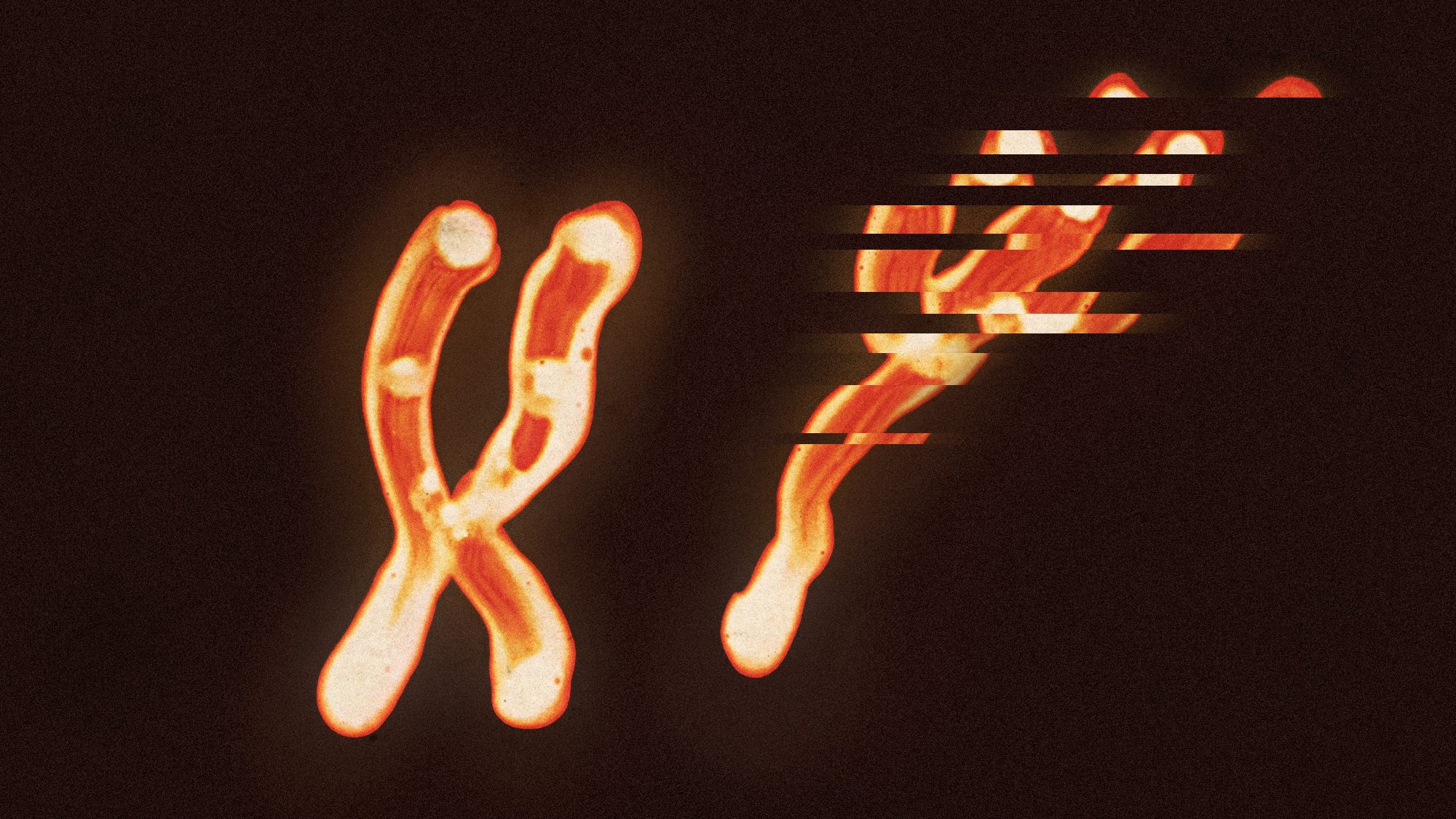 The Y chromosome degrades over time. And men's health is paying for it
The Y chromosome degrades over time. And men's health is paying for itUnder the radar The chromosome loss is linked to cancer and Alzheimer's
-
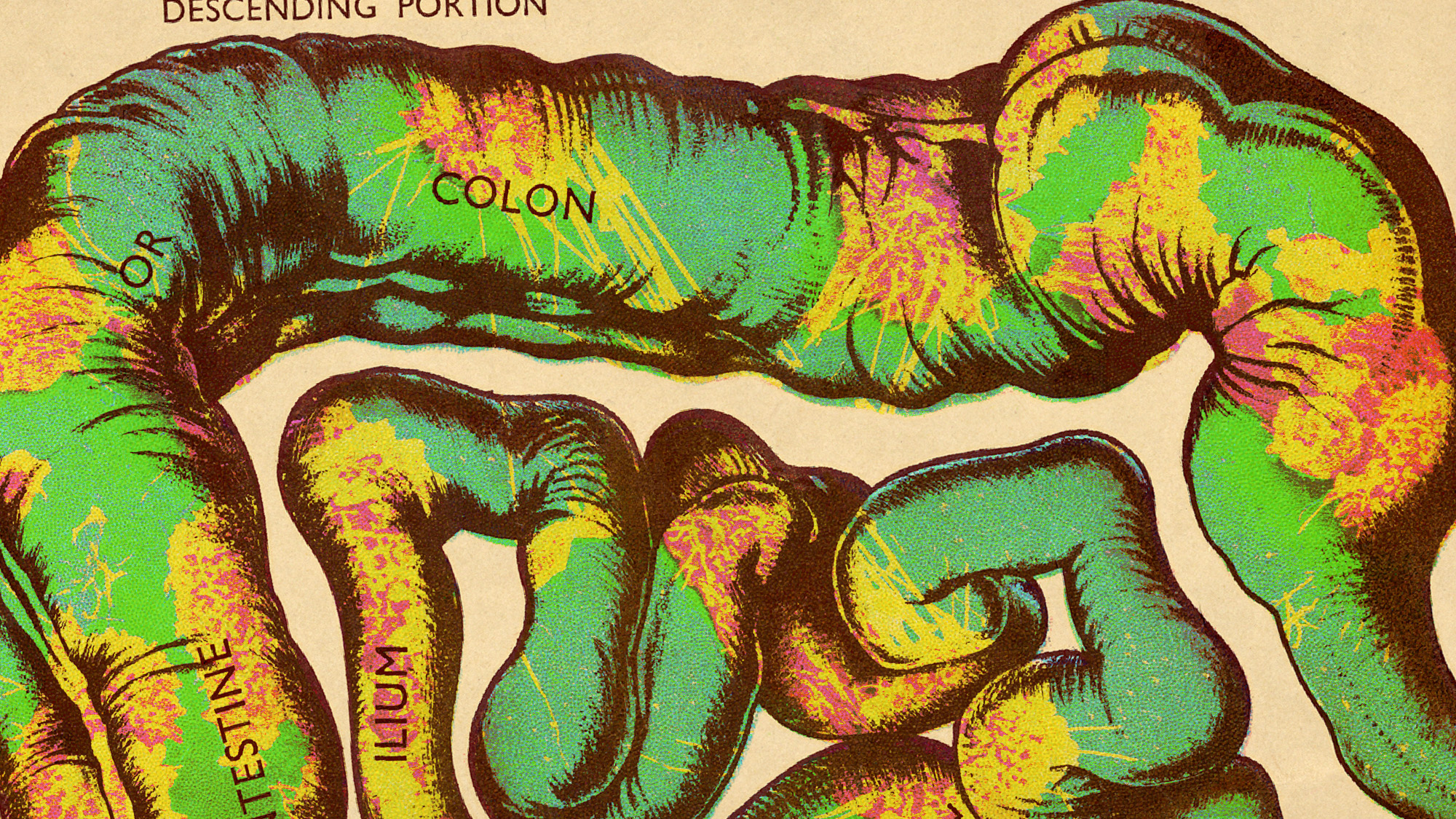 A bacterial toxin could be contributing to the colorectal cancer rise in young people
A bacterial toxin could be contributing to the colorectal cancer rise in young peopleUnder the radar Most exposure occurs in childhood
-
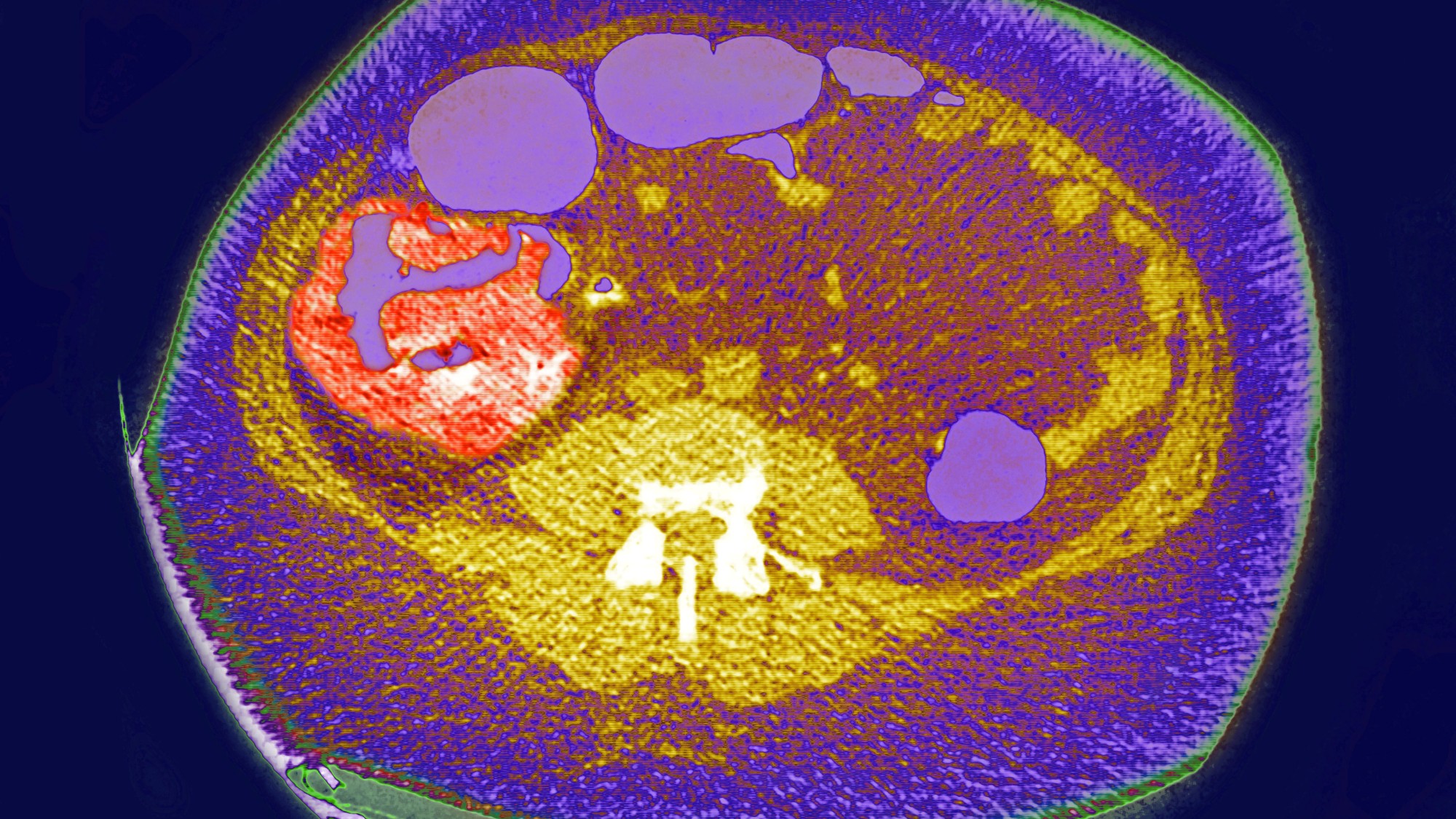 Why are more young people getting bowel cancer?
Why are more young people getting bowel cancer?The Explainer Alarming rise in bowel-cancer diagnoses in under-50s is puzzling scientists
-
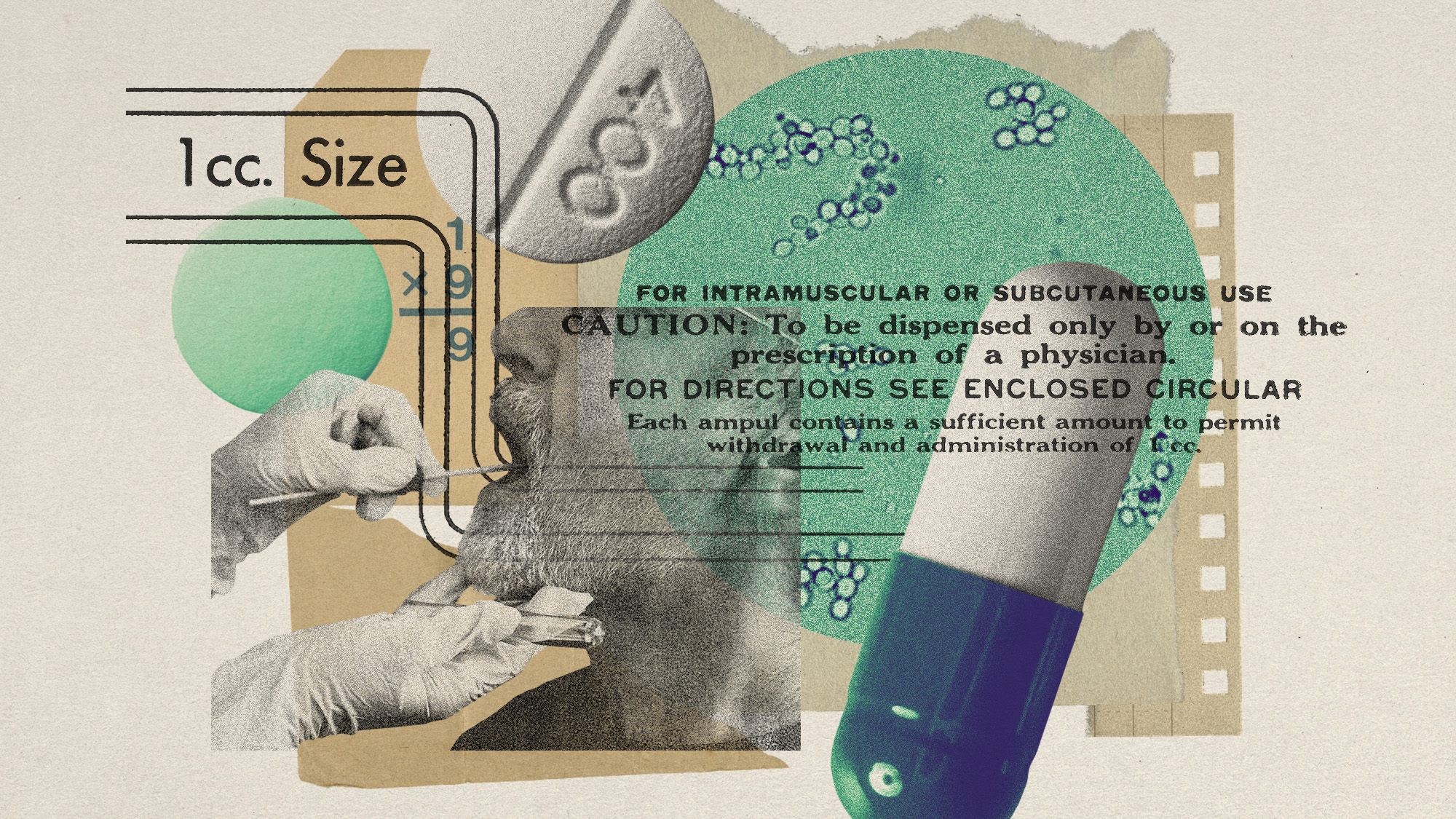 Five medical breakthroughs of 2024
Five medical breakthroughs of 2024The Explainer The year's new discoveries for health conditions that affect millions